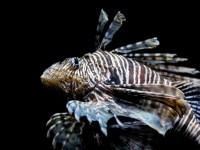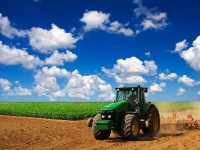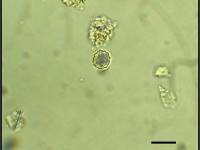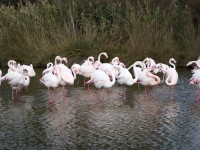One consequence of globalization is that in addition to people and products moving across the globe, wildlife has been transported as well. This practice of transporting animals from their native regions to new areas dates back thousands of years. The Roman Empire frequently brought back animals from foreign lands to use for entertainment in the…
Read more
Invasive Species: How They Affect the Environment










